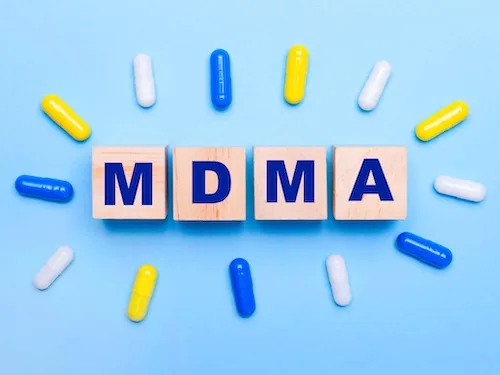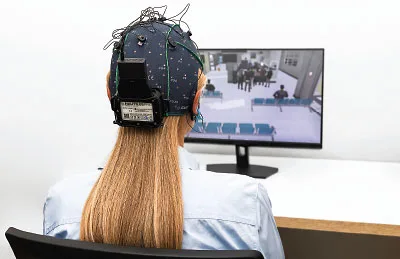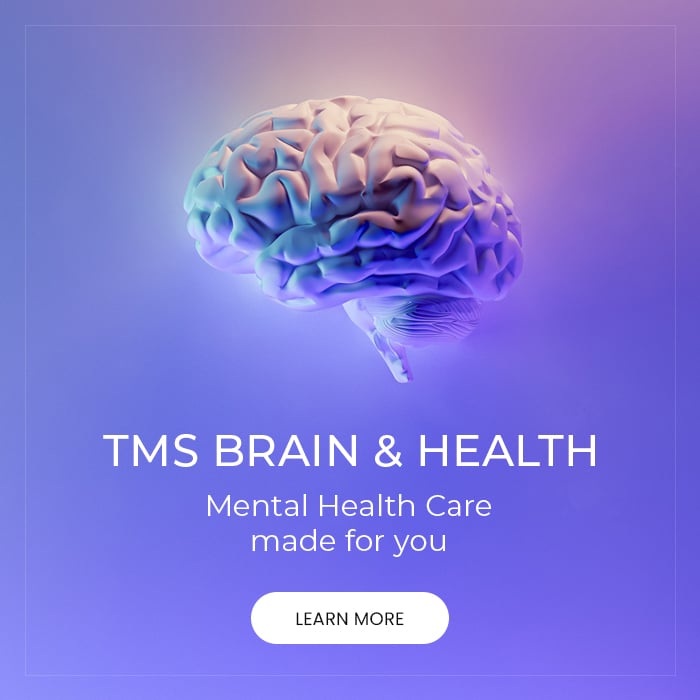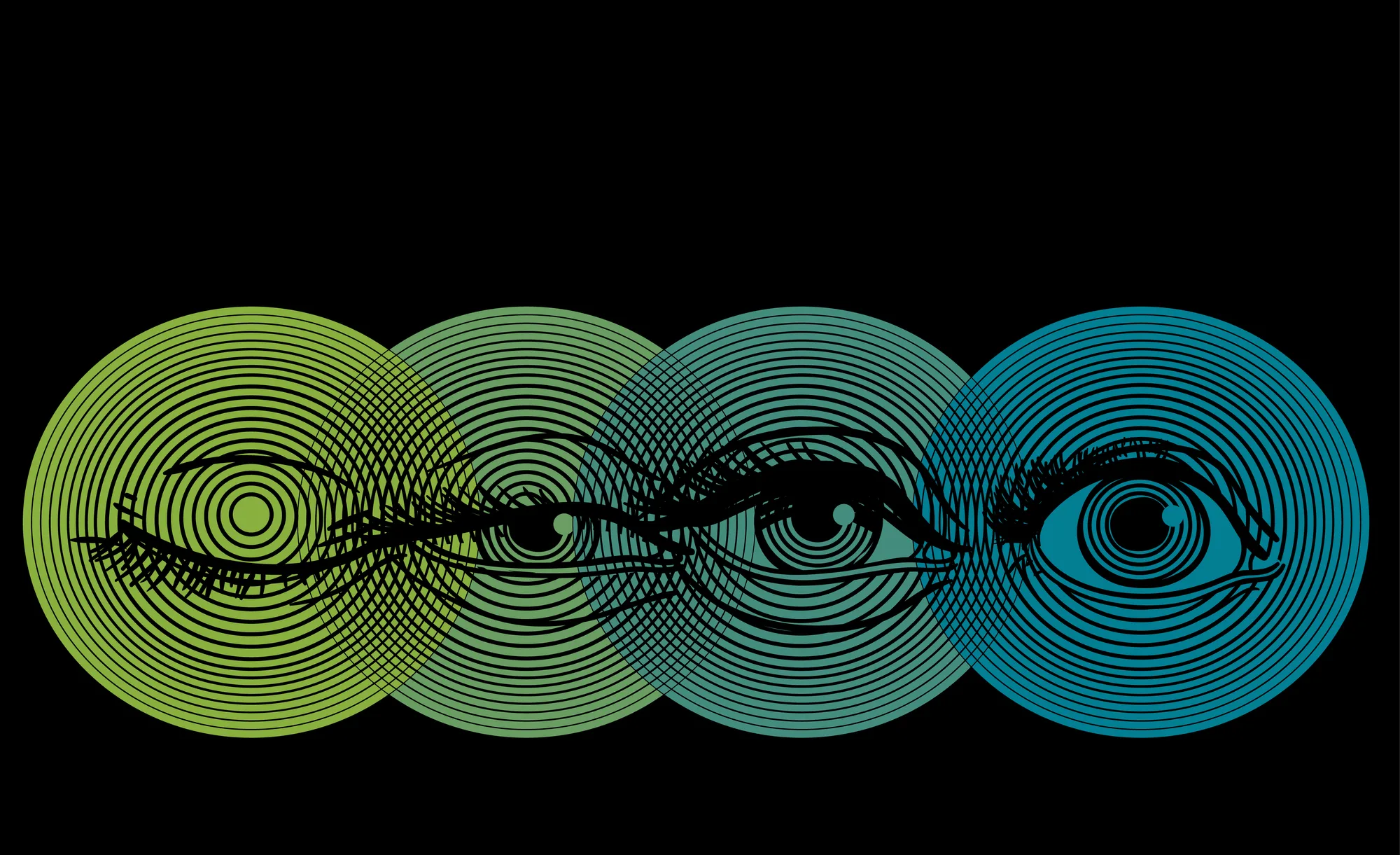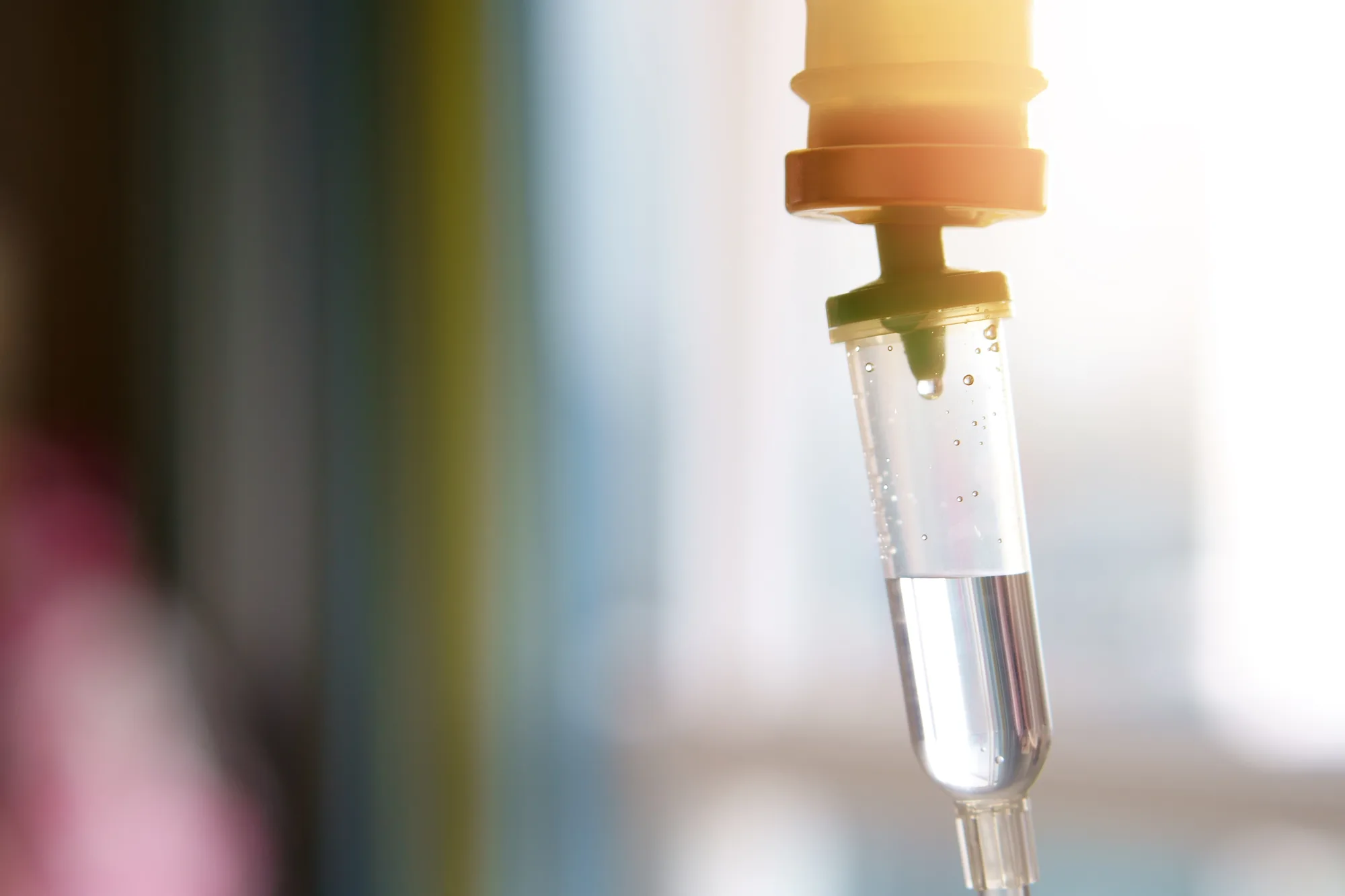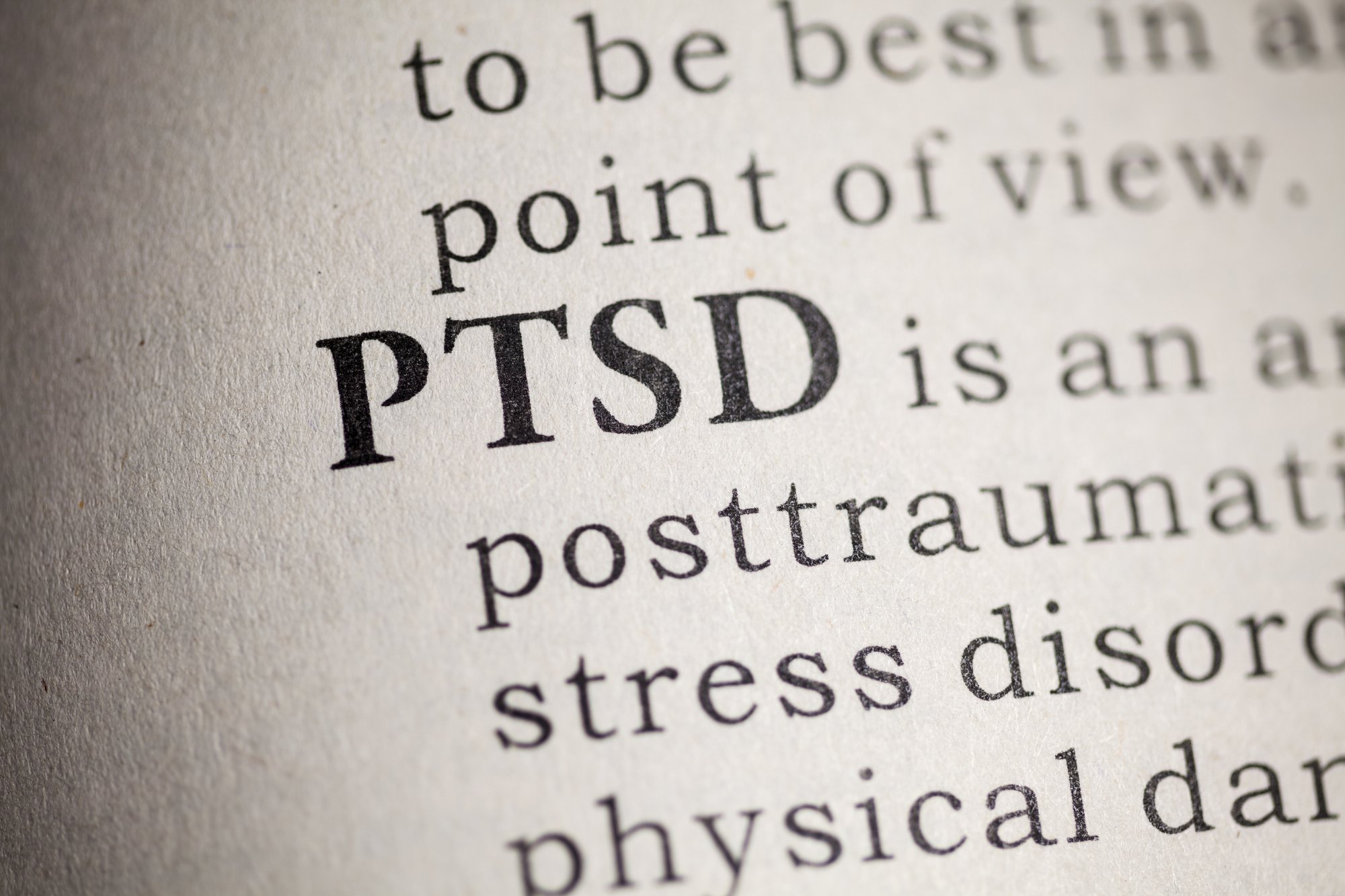Becoming a mother is both a joyous and challenging experience. It is a highly anticipated event that can come with unexpected changes and stressors. As many as 11-21% of new mothers struggle with postpartum anxiety following childbirth, which can cause distress and impede their ability to care for their newborn.
Postpartum anxiety, similar to postpartum depression, is a condition where a new mother experiences excessive worry or obsessive thoughts concerning the baby. This level of anxiety is more intense than typical worrying and may last for most of the day. It can significantly impact the mother’s quality of life and ability to care for the child. Though it most commonly starts right after childbirth, symptoms may also appear during pregnancy or several months after.
What are the symptoms of postpartum anxiety?
Postpartum anxiety can be hard to recognize as it is not unusual for new mothers to feel overwhelmed or have some level of anxiety about their newborn. However, excessive worry that feels never-ending and hinders your ability to relax is a key indicator of postpartum anxiety. Additional common signs include:
-
Being terrified to leave your baby alone for a few minutes with your spouse or a trusted adult
-
Feeling constantly on edge or having irrational fears
-
Staying awake all night out of fear that the baby will stop breathing in their sleep
-
Avoiding leaving the house out of fear that someone will hurt you or the child
Some mothers with postpartum anxiety may have panic attacks or obsessive-compulsive symptoms; this is another key indicator that you’re not experience a normal level of anxiety.
Being in constant worry takes a toll on the body and the mind. Mothers with postpartum anxiety may have a number of physical, mental, and emotional symptoms:
-
Insomnia or disrupted sleep
-
Increase heart rate or heart palpitations
-
Nausea or stomach aches
-
Shortness of breath
-
Loss of appetite
-
Difficulty sitting still
-
Muscle tension
-
Irritability
-
Inability to relax
-
Obsessive or racing thoughts, often about worst-case scenarios
-
Trouble concentrating
-
Forgetfulness
-
Avoiding certain situations, people, or activities
-
Checking things over and over again
-
Being overly cautious about situations that aren’t dangerous
-
Being overly controlling
Postpartum Anxiety vs Postpartum Depression
Many people may confuse postpartum anxiety with postpartum depression. While the two disorders are experienced by some new mothers following the birth of a child, they do have different signs and symptoms. Postpartum anxiety can also be difficult to identify because anxiety tends to come with some symptoms of depression as well. Feeling exhausted from constant worry or feeling incapable of caring for your child can lead to some feelings of depression.
The main difference between the two disorders is that postpartum anxiety features obsessive or excessive worry. With postpartum depression, mothers may exhibit similar symptoms such as insomnia, lack of energy, or difficulty concentrating, but these symptoms are not caused by intense worry.
If new mothers are experiencing symptoms of postpartum anxiety or depression, they should seek help immediately. There are a variety of treatment options for both of these conditions, and typically a combination of therapy and another form of treatment can help a mother overcome symptoms and be able to focus on caring for and bonding with their child.


